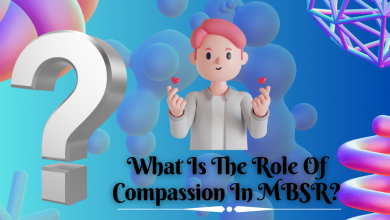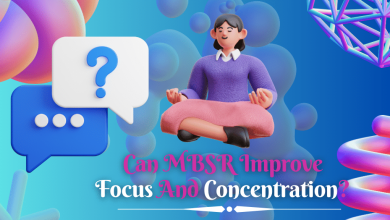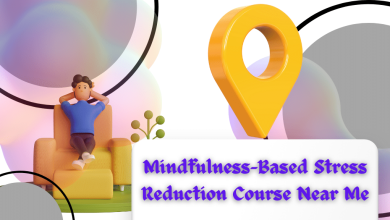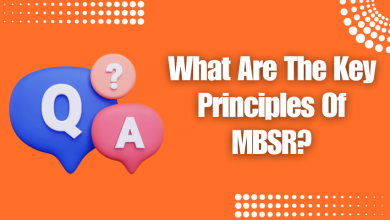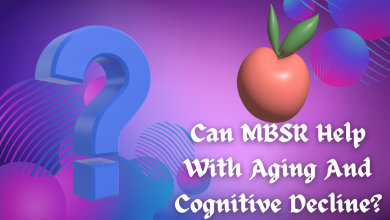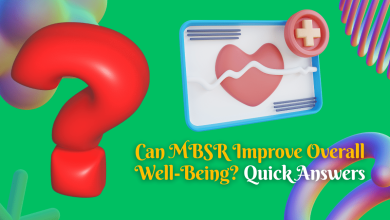Can MBSR Improve Cognitive Functioning?
Yes, MBSR can improve cognitive functioning.
Mindfulness-Based Stress Reduction (MBSR) is a structured and evidence-based program that incorporates mindfulness meditation practices and gentle yoga to help individuals manage stress, anxiety, and depression.
The program focuses on cultivating awareness, attention, and non-judgmental acceptance of one’s thoughts, emotions, and bodily sensations.
Several studies have demonstrated the benefits of MBSR on cognitive functioning.
A study published in the Journal of Alternative and Complementary Medicine found that MBSR improved working memory and executive functioning in adults who were experiencing job stress.
Another study published in the Journal of Cognitive Enhancement found that MBSR improved cognitive flexibility and attentional control in healthy adults.
In addition, a review published in the Journal of Cognitive Psychology found that MBSR improved attention, working memory, and cognitive flexibility in older adults.
How Does MBSR Improve Cognitive Functioning?
MBSR improves cognitive functioning through a variety of mechanisms.
First, mindfulness practices enhance attentional control by increasing the ability to sustain attention and inhibit distracting thoughts.
The focused attention practices involved in MBSR, such as breath awareness and body scanning, have been shown to enhance attentional control and reduce mind wandering.
Secondly, MBSR reduces emotional reactivity and enhances emotion regulation, which can improve cognitive functioning.
By cultivating non-judgmental acceptance of one’s thoughts and emotions, individuals can reduce emotional reactivity and increase their ability to regulate their emotions, which can help reduce the negative impact of stress on cognitive functioning.
Thirdly, MBSR can improve brain function and structure.
Studies have shown that MBSR can increase gray matter volume in regions of the brain associated with attention, working memory, and emotional regulation, such as the prefrontal cortex and anterior cingulate cortex.
Real-Life Example
Imagine a student who is struggling to focus and retain information during lectures due to stress and anxiety.
They decide to enroll in an MBSR program to learn mindfulness practices and manage their stress.
Through regular practice of mindfulness meditation and yoga, the student begins to experience increased focus and cognitive clarity during lectures.
They also notice that they are less reactive to stressors and more able to regulate their emotions, which helps them stay focused and engaged in their studies.
Conclusion
In conclusion, MBSR can improve cognitive functioning by enhancing attentional control, reducing emotional reactivity, and improving brain function and structure.
MBSR is a valuable tool for individuals who want to manage stress and anxiety and improve their cognitive abilities.
By cultivating mindfulness and non-judgmental awareness, individuals can reduce the negative impact of stress on their cognitive functioning and enhance their ability to focus, learn, and problem-solve.



